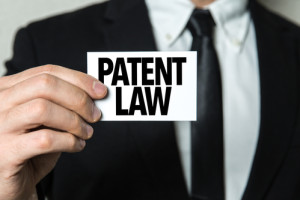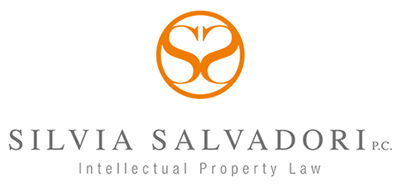 {2:50 minutes to read} Recently, the Federal Circuit issued a decision stating that a reasoning that it is “intuitive” to combine references is insufficient to support an obviousness-type rejection.
{2:50 minutes to read} Recently, the Federal Circuit issued a decision stating that a reasoning that it is “intuitive” to combine references is insufficient to support an obviousness-type rejection.
The facts of the case are simple: Some claims of patent application no. 12/364,470 (the “‘470 application”) were rejected as invalid by the Examiner and by the Board of Appeal over the combination of two cited references. According to the Board, the combination of the two cited references would have been an “intuitive way” for users of one reference to use the teachings of the second reference.
The Federal Circuit disagreed.
The Court agreed that under KSR, the Supreme Court had criticized rigid preventative rules that deny the fact finder use of common sense when determining the motivation to combine prior art. However, the flexibility accorded by KSR did not end the fact finder’s obligation to provide a reasoned analysis. That is to say, according to the Court, under KSR an obviousness finding still must provide clear reasoning with a rationale of why common sense compels a finding of obviousness.
Common sense is allowed; however, it must be explained why one skilled in the art would have solved the problem at hand by combining the references. In fact, the Court noted that without some articulated rationale, a mere combination of prior art with no explanation would have been only a conclusory assertion and therefore inadequate to support a finding that there would have been a motivation to combine.
In this case, according to the Court, neither the Board nor the Examiner provided such a reasoning or analysis to support finding a motivation to combine the two references, beyond merely stating that it would have been an “intuitive way” to operate the two references. Moreover, the Board also failed to explain or identify why there was a motivation for modifying one reference with the specific disclosure of the other.
In conclusion, the Examiner and the Board did not meet the statutorily required burden of demonstrating unpatentability and, therefore, according to the Court, the claims should be allowed.
Please contact me with questions or comments regarding this case.
(212) 897-1938

